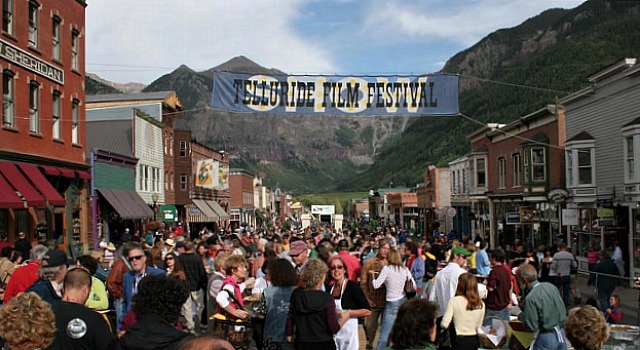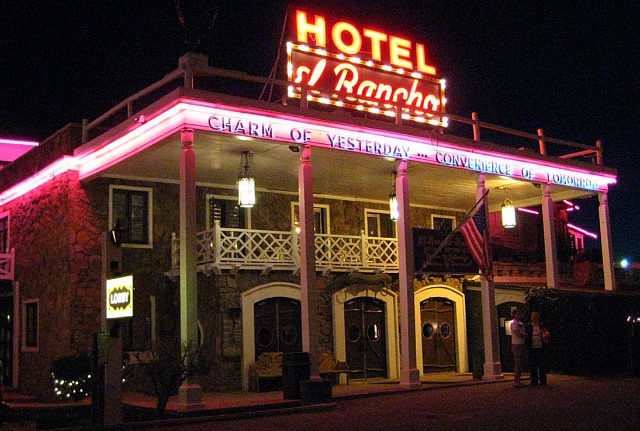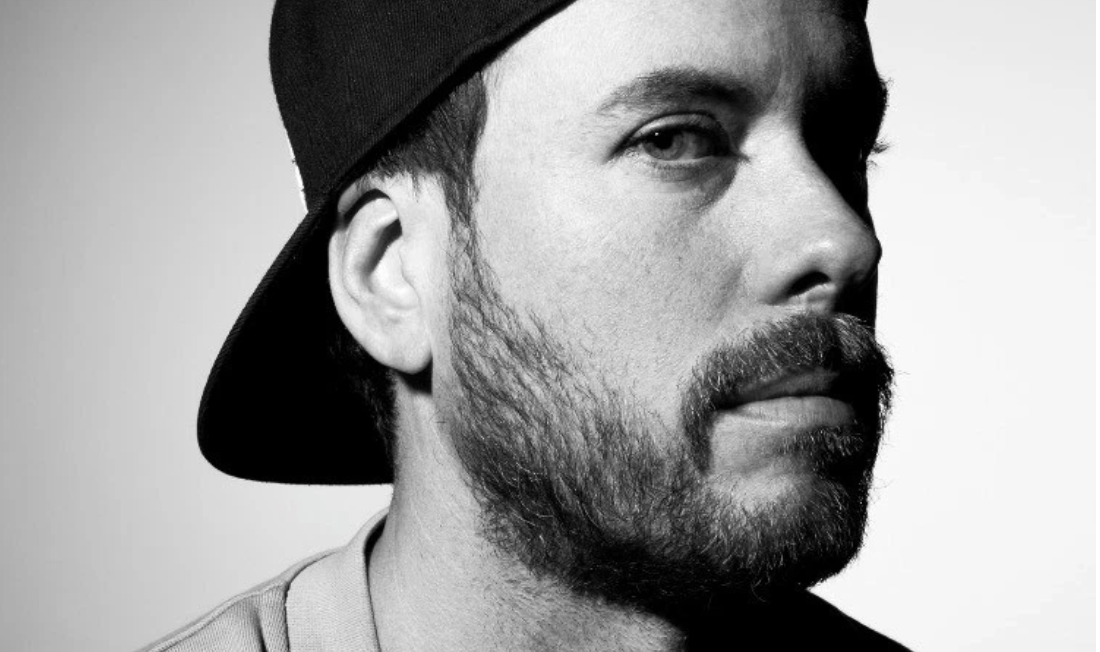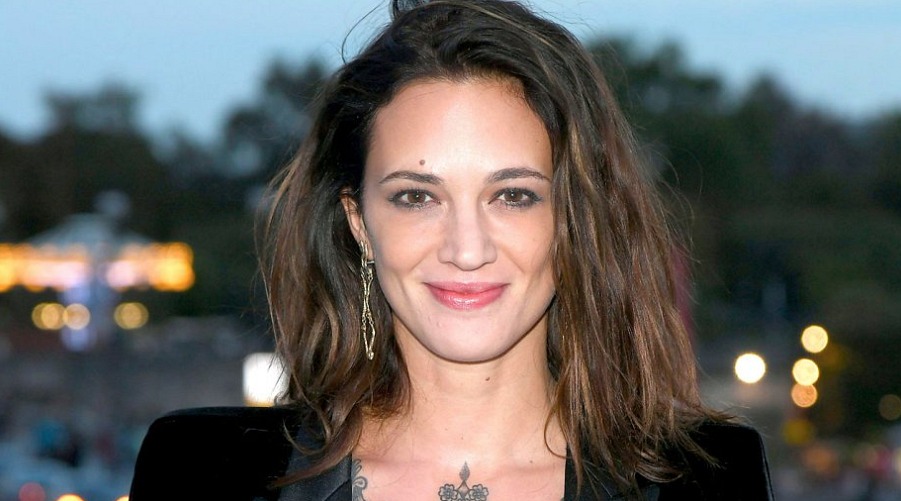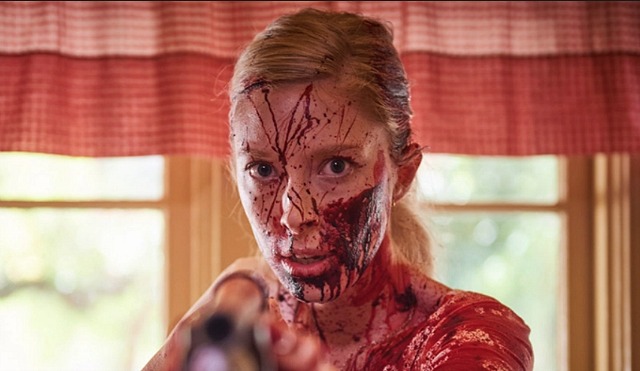I noted last year that for a majority of journos with tight travel schedules and a pile of deadlines, the four-day Telluride Film Festival is actually a three-day if not a two-and-a-half-day festival. Which means that out of 30 films typically scheduled, go-getters can maybe catch 14 or 15, tops. And that’s if you’re really aggressive about it. If you’re only moderately aggressive you’ll wind up seeing 10 or 12.
The fest doesn’t begin until mid-Friday afternoon (i.e., post Patron’s Brunch), which affords an opportunity to see two or three films during the remainder of that day. Three or four pics are catchable on Saturday and Sunday for a likely total of 10 or 11 by Sunday midnight, and maybe a couple more on Monday before leaving town. And you have to review everything as you go along.
On top of which Telluride often schedules the highest-interest films against each other so you’re always missing out on Peter in order to see Paul. On top of which are the dinners and parties.
I’m given to understand that the following films are locked for Telluride ’18: Alfonso Cuaron‘s Roma, Damien Chazelle‘s First Man, Mike Leigh‘s Peterloo, Orson Welles‘ The Other Side of the Wind, Yorgos Lanthimos‘ The Favourite, Olivier Assayas‘ Non-Fiction, Marielle Heller‘s Can You Ever Forgive Me?, Jason Reitman‘s The Front Runner, David Lowery‘s The Old Man and the Gun, Yann Demange‘s White Boy Rick, Karyn Kusama‘s Destroyer, Joel Edgerton‘s Boy Erased, Pawel Pawlikowski‘s Cold War and Hirokazu Kore-eda‘s Shoplifters. (14)
HE solution to Telluride gridlock: With everyone arriving on Thursday afternoon, the festival should begin on Thursday night with hottie screenings at all the venues (Chuck Jones, Werner Herzog, Palm, Galaxy, Pierre, Backlot) starting at 7 pm and then again at 9:30 or 10 pm. Hell, stage a midnight screening or two. And then more hottie screenings on Friday morning starting at 8:30 or 9 am. Those who wish to attend the Patrons picnic could squeeze it in around 11 or 11:30 am, but a full load of screenings would continue for those who’d rather catch films than eat.
By launching on Thursday night and starting screenings early on Friday morning, four or five fresh opportunities to catch the must-sees would be on every visiting critic’s plate. And for those who might prefer to take a more leisurely, old-time approach, they can still start things off with the picnic and then the first Patrons screening at the Chuck Jones at 2:30 pm, and no harm done.
Now doesn’t that make sense?

